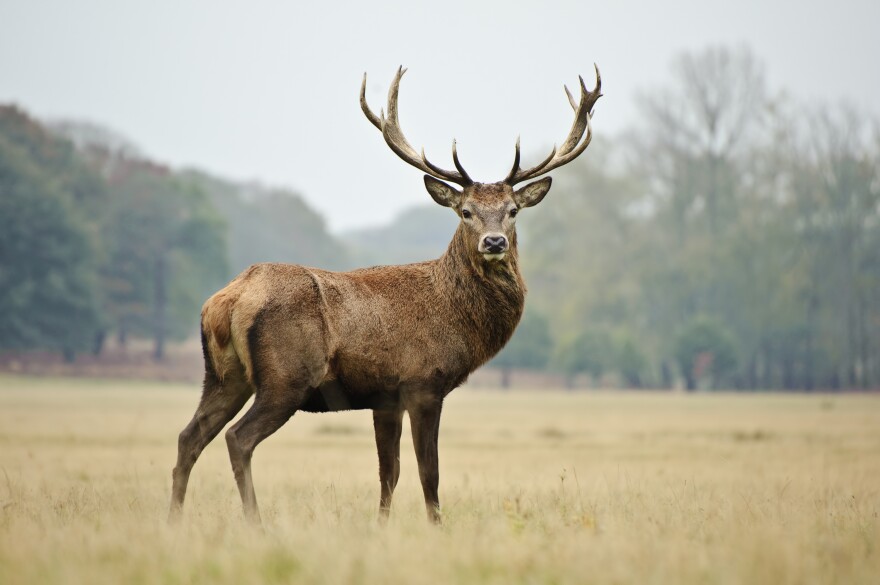A new report documents how the U.S. Bureau of Land Management's tilt toward extraction on public lands threatens wildlife and western sporting traditions.
The Uncompahgre Resource Management Plan in Colorado would open up 95% of the landscape there to oil and gas development.
Aaron Kindle, director of sporting advocacy with the National Wildlife Federation, says development at that scale would degrade and fragment habitat, disrupting historic migration routes and mating and birthing sites.
"It really has the potential to change hunting in the area," says Kindle. "And perhaps reduce the hunting opportunity to such a degree that hunting is really not viable in the area anymore - nor are the businesses and economies that rely on hunting in the area."
Kindle notes Delta and Montrose counties saw more than 105,000 hunter days in 2017, which played a big part in the $3.5 billion outdoor recreation economy in the area.
Proponents of the Trump administration's energy dominance policies say development on public lands is necessary for the nation's economic and energy security.
Kindle says protecting public lands for wildlife and western sporting traditions doesn't have to come at the cost of energy production. He points out that 20 million acres are already leased for oil and gas operations, and many of those acres are sitting idle.
"There's plenty of opportunity to develop energy on public lands," says Kindle. "And we really just feel like it should not be to the detriment of any and all other uses. We need to have a balanced approach, no matter what the energy dominance doctrine looks like."
And while the oil and gas industry has a boom-and-bust history, he says hunting has been around a lot longer.
If there is enough natural habitat for wildlife to thrive, Kindle says hunters will continue to visit Colorado's public lands, and spend money along the way.






